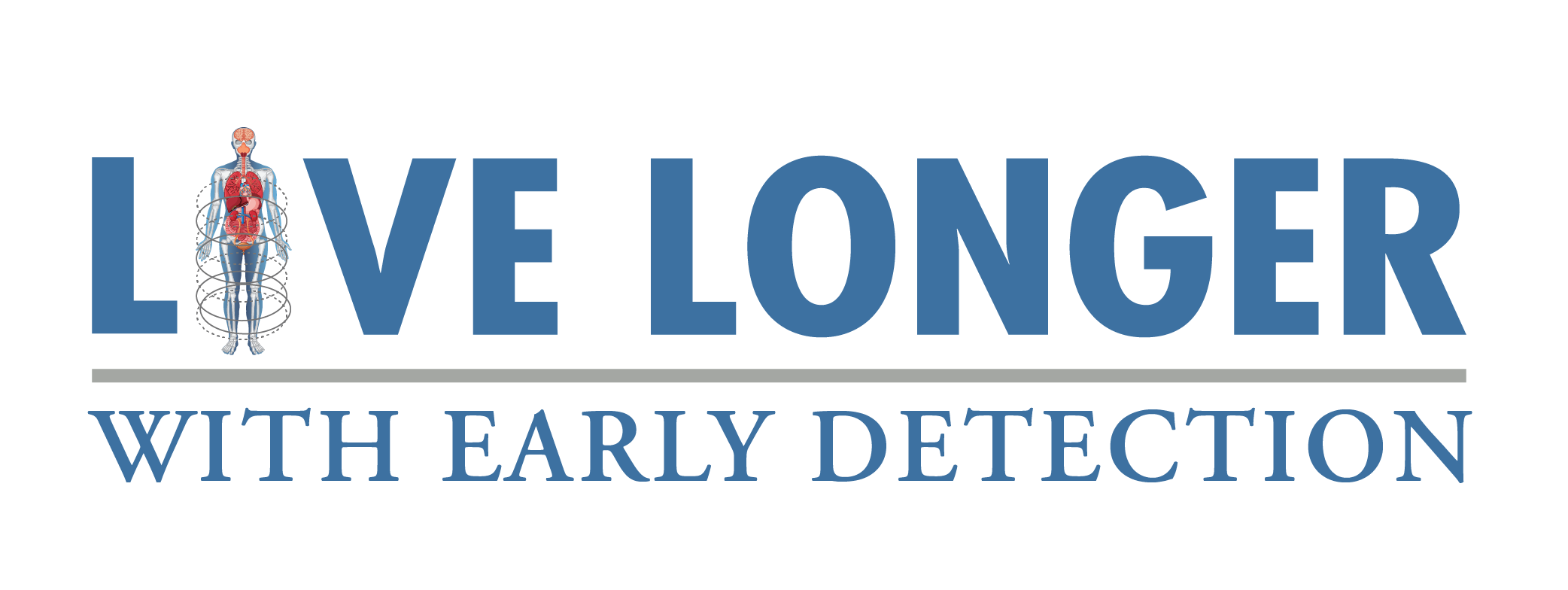When it comes to cancer screening, knowledge is power. Understanding the various screening methods available is crucial for making informed decisions about your healthcare. Different methods are used to detect and diagnose cancer at different stages and in various parts of the body. Here, we provide an overview of some common screening methods:
1. Mammography: Mammography is a specialized X-ray technique used for breast cancer screening. It is a highly effective method for early breast cancer detection and is recommended for women at specific ages and risk levels.
2. Pap Smear: This screening method is primarily used for cervical cancer. During a pap smear, a healthcare provider collects cells from the cervix to check for abnormalities. Regular pap smears are essential for early detection and prevention.
3. Blood Tests: Blood tests are versatile and can be used to screen for various types of cancer. Tumor markers, substances produced by cancer cells, are detected in the blood. Common examples include PSA (Prostate-Specific Antigen) for prostate cancer and CA-125 for ovarian cancer.
4. Colonoscopy: A colonoscopy is the gold standard for colorectal cancer screening. It involves the insertion of a flexible tube with a camera into the colon to visualize and, if necessary, remove precancerous or cancerous growths.
5. Skin Exams: Dermatologists perform skin exams to check for abnormal moles or skin changes that may indicate skin cancer. Regular self-exams and professional assessments are crucial for early detection.
6. Imaging Tests: Various imaging methods like CT scans, MRIs, and ultrasounds are used to screen for different types of cancer, such as lung, prostate, or liver cancer. They provide detailed images of the internal structures of the body.
7. Genetic Testing: Genetic testing assesses your genetic predisposition to certain cancers. Individuals with a family history of cancer or specific gene mutations may benefit from this type of screening.
8. Stool Sample Testing: Stool sample testing, including fecal occult blood tests and fecal immunochemical tests, is commonly used for colorectal cancer screening. It detects blood in the stool, which may indicate the presence of precancerous or cancerous growths in the colon or rectum.
It’s important to note that the suitability of a screening method may depend on individual risk factors, age, and family history. Regular discussions with your healthcare provider are essential to determine the most appropriate screening plan for you. Early detection of cancer significantly improves treatment outcomes, so don’t delay in taking control of your health through routine screenings. Remember that prevention and early intervention are your best allies in the fight against cancer.

